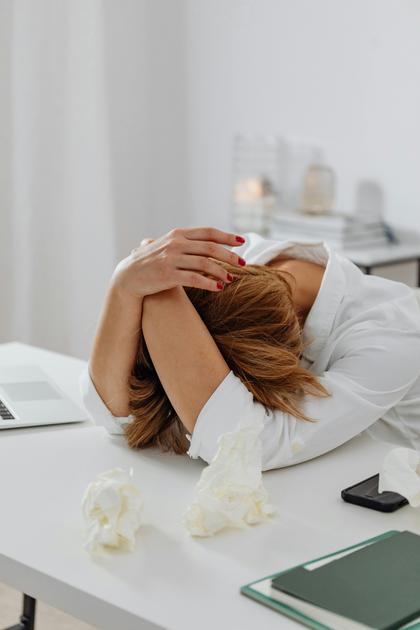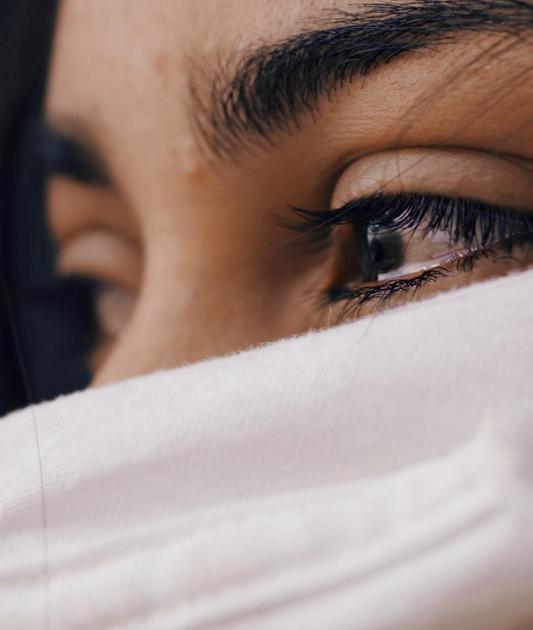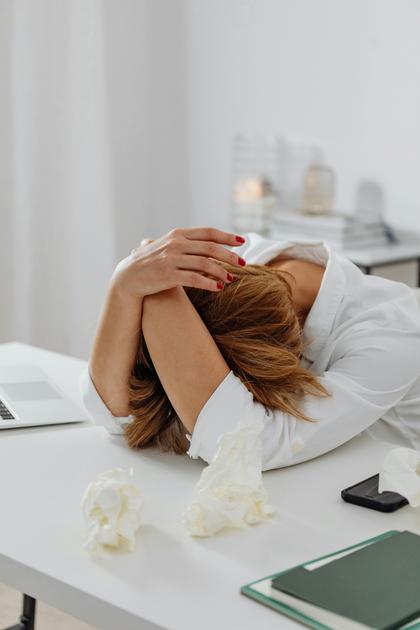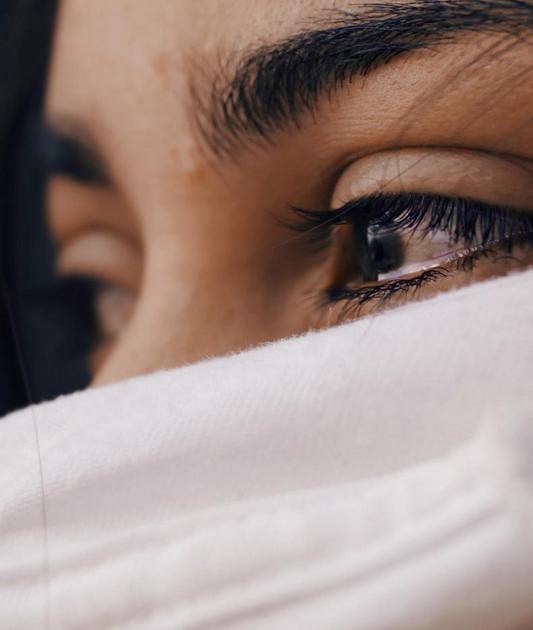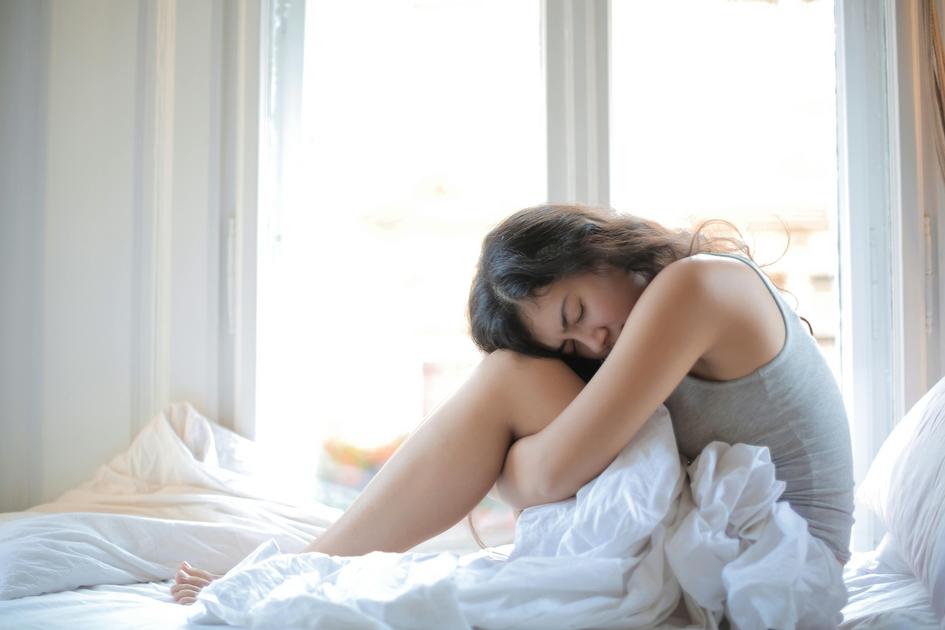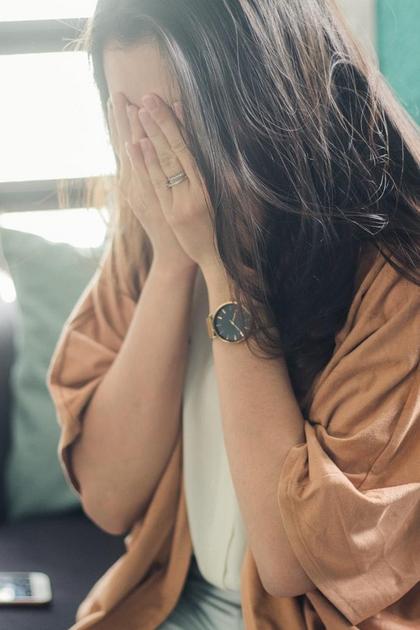Female Hair Loss After 30: Avoid These Common Diet Mistakes!
As we navigate through our thirties, many women face the perplexing challenge of female hair loss. It can be a deeply personal struggle, often intertwined with fatigue, hormonal imbalances, and even moments of anxiety. The connection between our diet and hair health is undeniable, yet it’s easy to overlook the impact simple choices can have on our locks. If you’ve experienced this frustrating hair thinning, you’re not alone. Let’s explore the common dietary pitfalls that could be contributing to your hair loss and how we can embrace solutions together.
Understanding Hair Loss: A Common Concern for Women
Hair loss is a significant concern for many women, especially after the age of 30. It’s not just about losing hair; it’s about the emotional toll it takes. The feeling of seeing more strands in the brush or on your pillow can lead to frustration and anxiety. Women often feel alone in this struggle, as society places considerable emphasis on hair as a sign of beauty and femininity. This concern becomes even more pressing when combined with other life changes that occur during this time, such as hormonal fluctuations or career pressures.
How Diet Affects Hair Growth and Health
Your diet is a crucial factor in hair health. Nutrient deficiencies can lead to weaker strands, slower growth, and even hair thinning. Certain vitamins and minerals play essential roles in the growth cycle of hair, contributing to strength and shine. Few understand the direct link between what we eat and the strength of our hair, but making the right dietary choices can have profound effects. Eating a variety of nutrient-rich foods is not just beneficial for overall health but essential for maintaining healthy hair.
Top Nutrients Essential for Strong Hair
A well-balanced diet can help fortify your hair from within. Here are some top nutrients that are vital:
- Biotin: This B vitamin supports hair structure and promotes growth.
- Omega-3 Fatty Acids: Found in fish like salmon, these fats help nourish hair and support scalp health.
- Vitamin D: This essential vitamin is linked to the hair growth cycle. Sun exposure or fortified foods can help improve levels.
- Iron: Vital for oxygen transport to hair follicles; a lack can lead to hair shedding.
- Protein: Hair is composed mainly of protein; adequate intake is essential for growth.
Common Diet Mistakes That Can Cause Hair Loss
Many women unknowingly make dietary choices that can contribute to hair loss. Here are some common mistakes:
- Skipping meals: Not eating regularly can lead to nutrient deficiencies.
- Crash dieting: Extreme calorie restriction reduces essential nutrients needed for hair health.
- Not enough protein: Insufficient protein intake can weaken hair and hamper growth.
- Poor iron sources: Relying on non-heme iron (found in plant foods) without enough vitamin C can hinder absorption.
- Ignoring hydration: Not drinking enough water can impact overall health, including hair vitality.
The Role of Protein in Hair Health
Protein is the building block of hair. Your hair is made up of keratin, which is a type of protein. If your diet lacks protein, you may notice increased hair shedding. To ensure you get enough protein:
- Include sources like eggs, fish, beans, and nuts.
- Consider plant-based proteins if you’re vegetarian or vegan—these can include lentils, chickpeas, and quinoa.
- Aim for a balance of high-quality protein at every meal to maximize absorption and benefits.
Why Iron Deficiency Matters for Your Hair
Iron is another key player in hair health. It helps carry oxygen to your hair follicles, which is necessary for growth. Women often experience iron deficiency due to menstruation or pregnancy. To support your levels:
- Incorporate lean meats, spinach, and lentils into your meals.
- Pair iron-rich foods with vitamin C sources like citrus fruits to enhance absorption.
- If you suspect a deficiency, consider discussing supplementation with a healthcare provider.
Hydration: The Overlooked Key to Healthy Hair
Water is vital for overall health, yet it’s often underestimated in the context of hair health. Proper hydration keeps your hair moisturized and supports its growth. Signs of dehydration can include dry, brittle hair. To ensure you are well-hydrated:
- Drink water consistently throughout the day.
- Include water-rich foods, such as cucumbers and watermelon, in your diet.
- Establish a routine to remind you to drink water, especially if you often forget.
How Stress Eating Impacts Hair Loss
Many women face stress and turn to food as a comfort. Stress eating often leads to poor dietary choices that lack essential nutrients. This cycle can exacerbate hair loss. To tackle this:
- Focus on whole, nutritious foods that support hair health when you feel stressed.
- Practice mindful eating—pay attention to what you’re consuming.
- Engage in stress-relief activities such as yoga or meditation to reduce reliance on food for comfort.
Embracing a Balanced Diet for Hair Restoration
Restoring hair health requires a balanced approach to eating. Incorporate a variety of foods that nourish your body and hair. A few strategies include:
- Plan meals that include a mix of proteins, healthy fats, and plenty of fruits and vegetables.
- Experiment with different cuisines that emphasize whole foods and fresh ingredients.
- Track your food intake to ensure you’re meeting nutrient needs.
Finding Hope: Steps Toward Regaining Your Hair Health
While hair loss can feel devastating, it’s possible to turn the tide. By making simple dietary adjustments, you can start to see changes in your hair health. Remember, you are not alone in this journey. Many women have navigated these challenges and found success by embracing a consistent, nourishing approach. Celebrate each small victory along the way as your hair begins to regain strength and luster. Know that hope is within reach; your path to restoration can start today. Consider joining a supportive community or seeking guidance to discover effective solutions that resonate with you on your journey.

